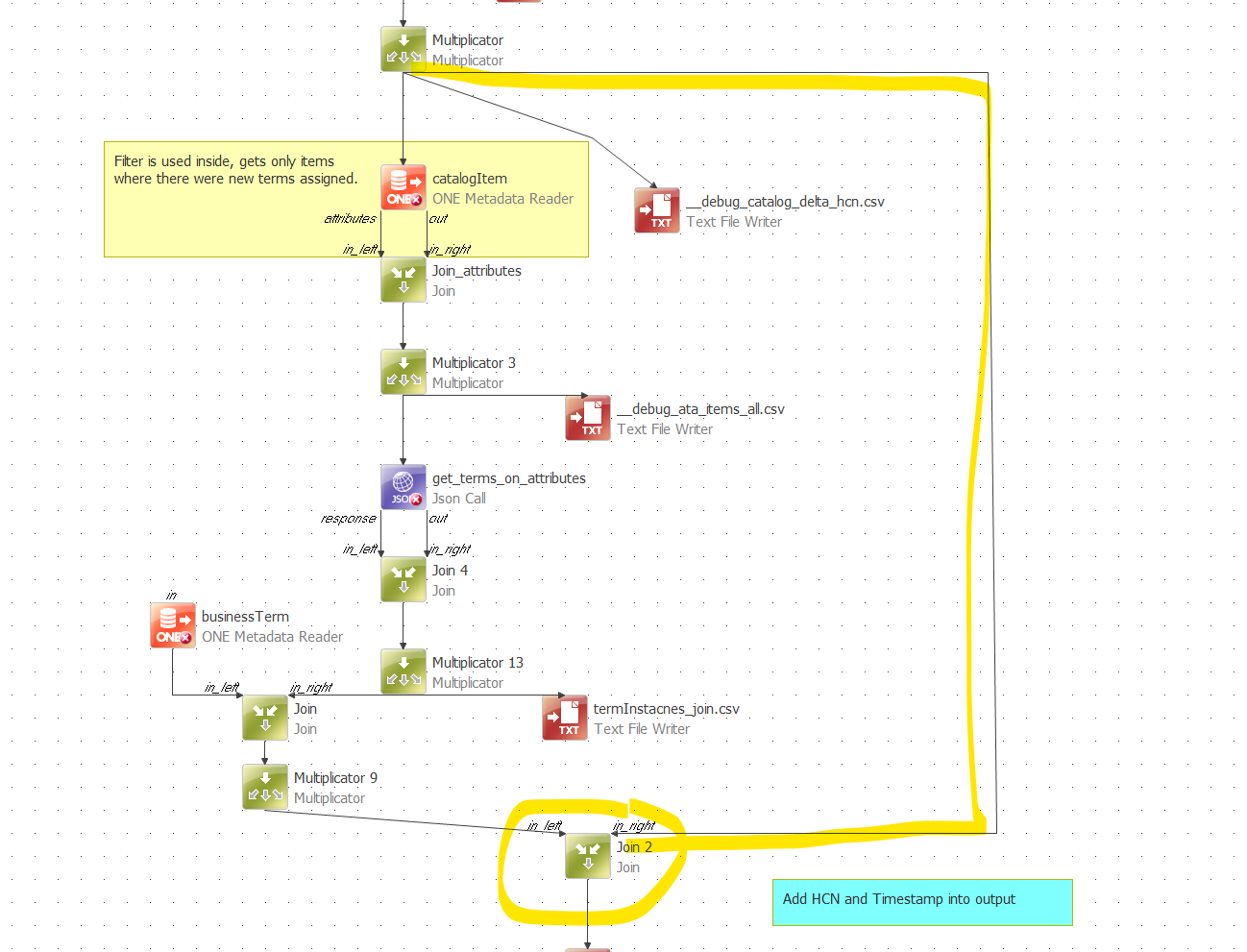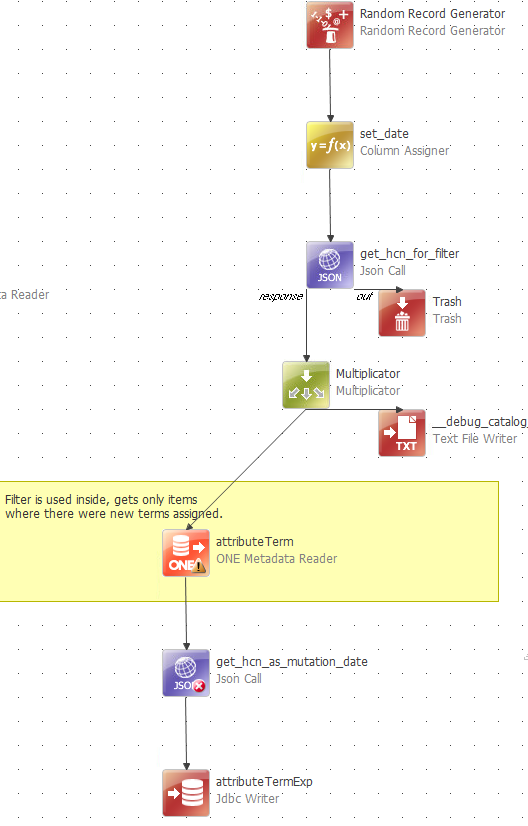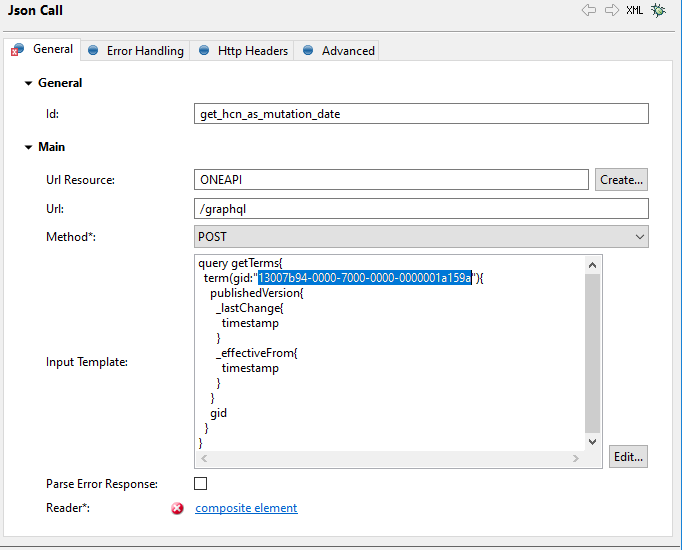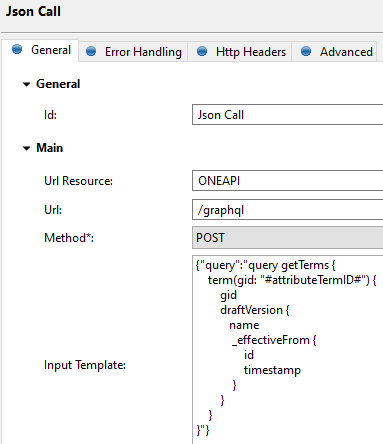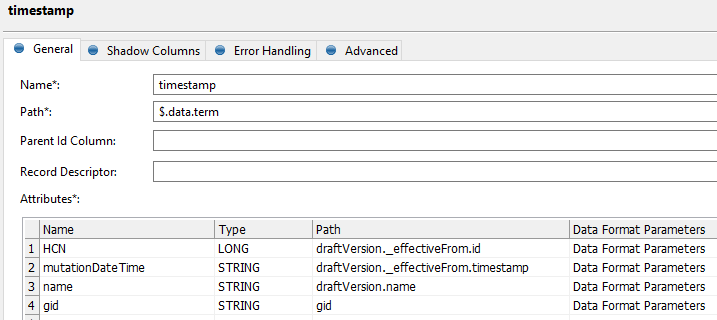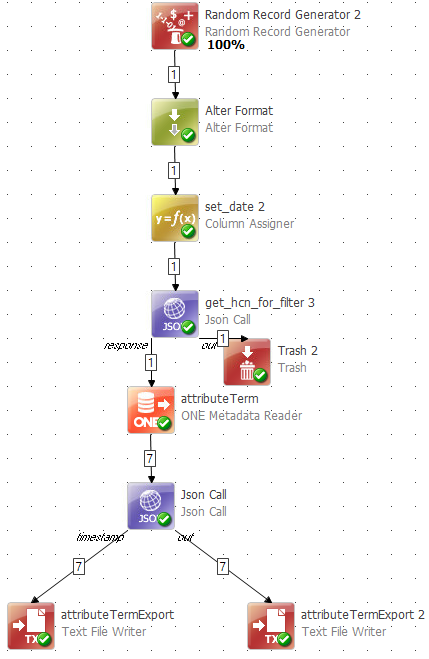Hi Community,
Would there be a way in Ataccama Desktop to select records from for instance entity term that have been inserted/updated/deleted from a certain datetime, like the Published on datetime in the History tab? My intention is to use the metadatareader to read the details from term and then use this mutation datetime in the filter in the metadatareader.
Kind regards,
Albert







